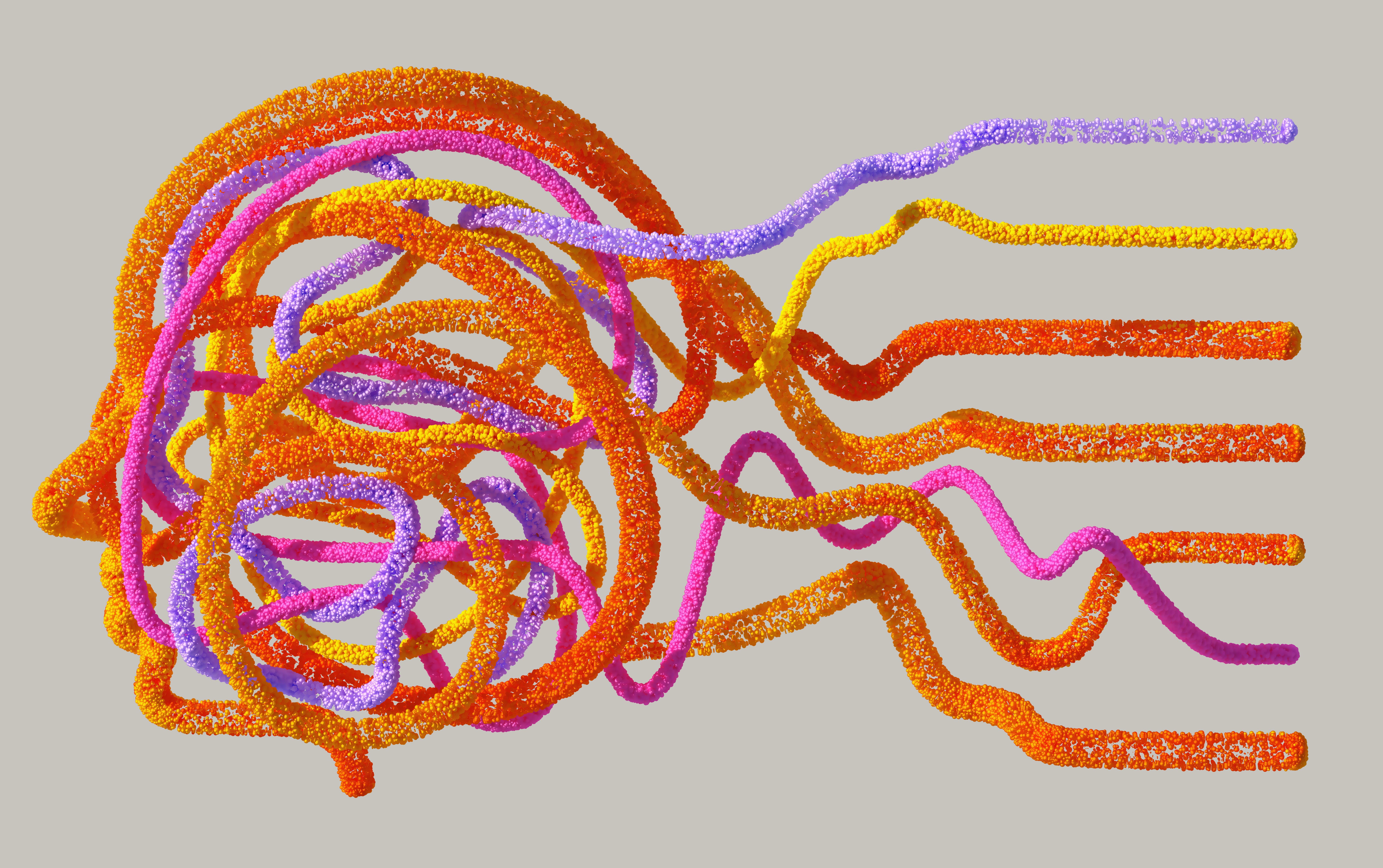Trueman Capote on A.I.

In the languid realm of technological evolution, the advent of Artificial Intelligence has unfolded as a captivating narrative. We find ourselves drawn into a world where machines transcend mere computation, assuming a role that teeters on the edge of human artifice and divine creation.
Trueman Capote, with his keen sense of observation and a penchant for unraveling the intricacies of character, might have found AI to be the ultimate enigma, a puzzle that unravels the very fabric of our understanding of sentience and consciousness. The machinations of algorithms and neural networks, akin to Capote’s meticulous research, delve into the recesses of data to extract patterns that mirror the complexities of the human psyche.
Yet, as Capote might have scrutinized, the minute details of his characters’ lives, so too must we examine the ethical dimensions that accompany the rise of AI. In Cold Blood, Capote’s magnum opus, delved into the moral ambiguities of justice and retribution, echoing the concerns that arise when algorithms wield decision-making power in realms as diverse as criminal justice and employment.
Capote’s prose, perhaps, with its lyrical cadence, may have captured the haunting resonance of AI’s potential. The notion of machines engaging in creative pursuits, from composing music to crafting poetry, would echo our fascination with the delicate dance between artistry and the human condition. The humming algorithms, weaving through code like Capote thumbing through the narratives of his protagonists, might evoke a sense of the sublime, where lines between creator and creation blur.
Capote’s exploration of social dynamics, notably evident in works such as “Breakfast at Tiffany’s,” might have found parallels in the social algorithms that underpin AI systems. As these algorithms influence what we see, read, and engage with, they shape a digital society that mirrors, and perhaps distorts, our own.
Yet, in true Capote fashion, we must also recognize the darker shades that accompany the glittering facade. The specter of privacy invasion, the erosion of human agency, and the potential for AI to be wielded as a tool of oppression demand our scrutiny. Capote, who sought truth in the shadows, would likely now peer behind the curtain of progress to uncover the unintended consequences that lurk in the corners.
In conclusion, the rise of Artificial Intelligence, seen through the eyes of Truman Capote’s incisive storytelling, unveils a tapestry of complexity and contradiction. As Capote dissected the human experience, so must we dissect the digital narrative that unfolds before us. AI, like a character in one of Capote’s tales, holds the power to fascinate, frighten, and forever alter the narrative of our existence.
Illustration by Google Deepmind.





